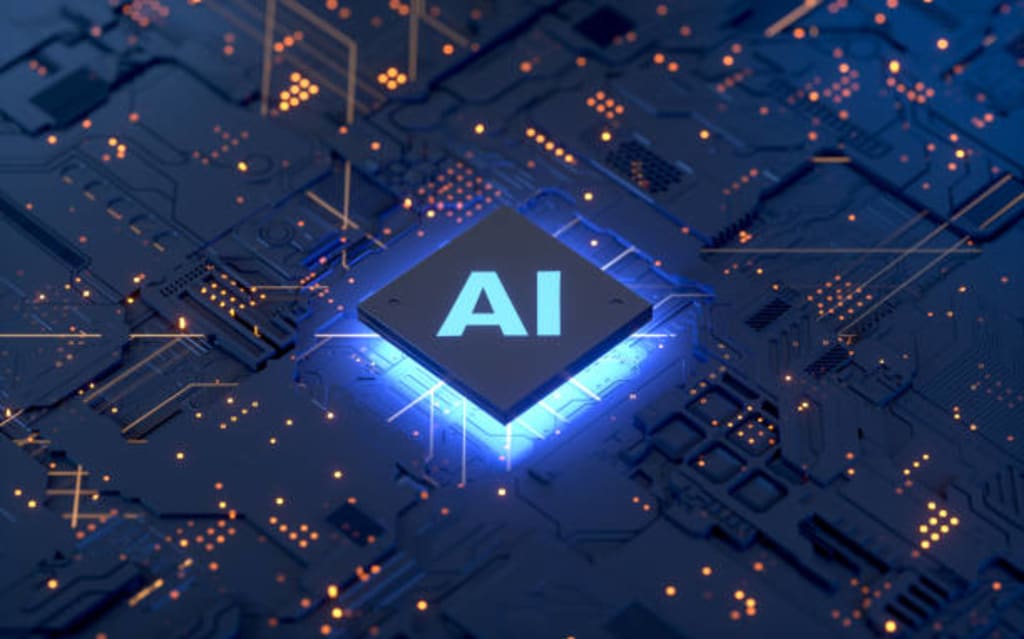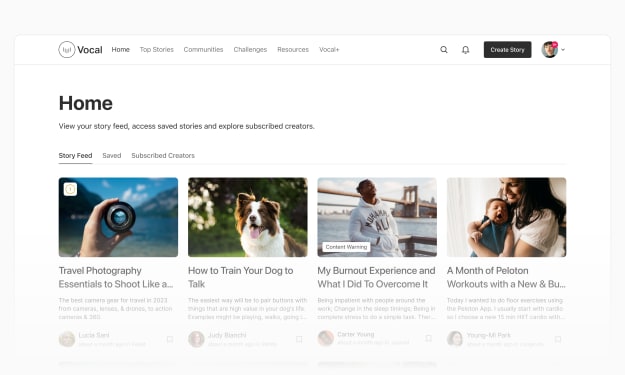Will AI replace your job in 5 years?
Artificial Intelligence

Artificial Intelligence (AI) has been rapidly developing over the past few years, leading to many questions about its potential impact on the workforce. Some argue that AI will replace many jobs that are currently done by humans, while others believe that the technology will only augment and enhance human capabilities. In this essay, I will explore both sides of the debate and examine the potential consequences of AI’s impact on the job market.
Those who believe that AI will replace human jobs often point to the increasing automation of tasks that were previously done by humans. For example, self-driving cars could replace taxi and truck drivers, while chatbots and virtual assistants could replace human customer service representatives. The potential cost savings for companies that adopt these technologies are significant, as they eliminate the need for salaries and benefits for human workers.
Moreover, AI has the ability to work around the clock, which allows for greater efficiency and productivity. This is particularly useful in industries such as manufacturing and logistics, where 24/7 operation is necessary to keep up with demand. Robots and other automated systems can work without taking breaks or needing to sleep, leading to greater output and profits.
However, there are also many who argue that AI will not replace human jobs, but rather augment and enhance them. AI technologies such as machine learning and natural language processing can analyze vast amounts of data and identify patterns that humans may miss, which can be used to improve decision-making and increase productivity. Additionally, AI can assist with mundane and repetitive tasks, allowing humans to focus on more complex and creative work.
Furthermore, there are many jobs that require skills that AI cannot replicate, such as creativity, critical thinking, and emotional intelligence. These skills are particularly important in fields such as healthcare, education, and the arts, where human interaction and empathy are essential.
While it is true that AI has the potential to replace certain jobs, it is important to consider the broader social and economic implications of such a shift. The displacement of human workers could lead to income inequality and social unrest, as those who lose their jobs may struggle to find new employment. Additionally, the widespread adoption of AI could lead to a concentration of wealth and power in the hands of a few large tech companies that dominate the industry.
It is important to note, however, that the widespread adoption of AI could also create new job opportunities. AI will require human input to develop, maintain, and operate, which could create new jobs in fields such as software engineering, data analysis, and machine learning. Furthermore, the use of AI could lead to the development of new products and services, which could create new job opportunities in areas such as marketing and sales.
Another potential benefit of AI is that it could lead to a more equitable distribution of work. As certain tasks become automated, humans may have more time to focus on creative and fulfilling work, leading to a more balanced and fulfilling work-life balance. Additionally, AI could help to eliminate bias and discrimination in hiring and decision-making, leading to greater equality and diversity in the workforce.
In conclusion, while there is no doubt that AI has the potential to replace many jobs that are currently done by humans, it is also true that the technology could enhance and augment human capabilities. AI can assist with mundane and repetitive tasks, analyze vast amounts of data to improve decision-making, and even create new job opportunities. However, it is important to consider the broader social and economic implications of AI adoption, particularly with regard to income inequality and the concentration of power in the hands of a few large tech companies. Ultimately, the impact of AI on the job market will depend on a wide range of factors, including technological progress, societal values, and government policy.
About the Creator
Enjoyed the story? Support the Creator.
Subscribe for free to receive all their stories in your feed. You could also pledge your support or give them a one-off tip, letting them know you appreciate their work.





Comments
There are no comments for this story
Be the first to respond and start the conversation.